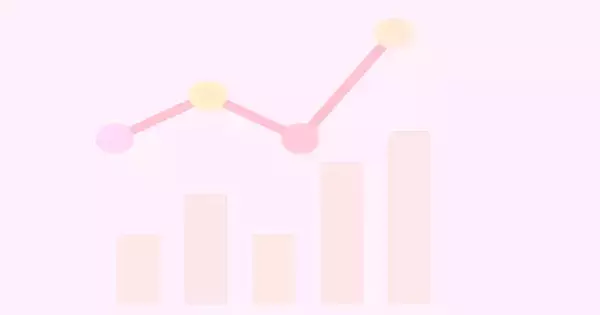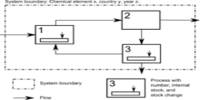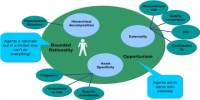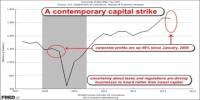Nudge marketing is the process of communicating messages that encourage desired behavior by appealing to the individual’s psychology. It is a subtle way to assist your customers in making better decisions without hesitation. Nudges are small, but they can have a big impact on conversions, sign-ups, revenue, and customer loyalty. Sure, retailers and businesses like to use exit-intent overlays, smart notifications, reviews, default options, and product badges.
Nudge marketing is the process of communicating marketing messages that encourage desired behavior by appealing to the psychology of the individual. Nudging is a term that arose from behavioral economics. For those who are unfamiliar, behavioral economics uses psychological insights into behavior to explain economic decision-making.
Nudge Marketing is used to influence customers’ decisions indirectly through suggestion and reinforcement. Marketers use subtle interventions to adjust the “Choice Architecture,” making particular outcomes more likely.
Many firms use nudges to increase profit. For example:
- Insurance payment protection
Banks pushed for the sale of payment protection insurance for pensions and other financial products. They were marketed as a necessary component of the product’s package. In reality, the bank’s costs and profit margins were never fully explained. Later, the government made banks liable for mis-selling evidence.
- Special offers
Some businesses provide a free one-month subscription. However, in order to receive the free subscription, you must provide your credit card information and pay for a month in advance. To get a free subscription, call and cancel before the end of the month. However, as a result of the inconvenience, many customers may end up paying more than they anticipated.
- Pushy salespeople
If you attempt to cancel certain services, such as your internet provider. To cancel, call and a dedicated salesperson will try to discourage consumption by offering a special discount for the next three months. The strong sales pitch may persuade customers not to change.
- Special offer mortgage deals
Many US consumers were offered special mortgage discounts in the early 2000s. To encourage people to get mortgages, it made them very cheap for the first year or two. However, after the introductory period, interest rates returned to normal levels, resulting in a significant increase in the cost of mortgage payments. Many people defaulted on their mortgages because they didn’t realize how much their mortgage payments would rise after the introductory period ended. This proved a cause of the credit crunch.
















